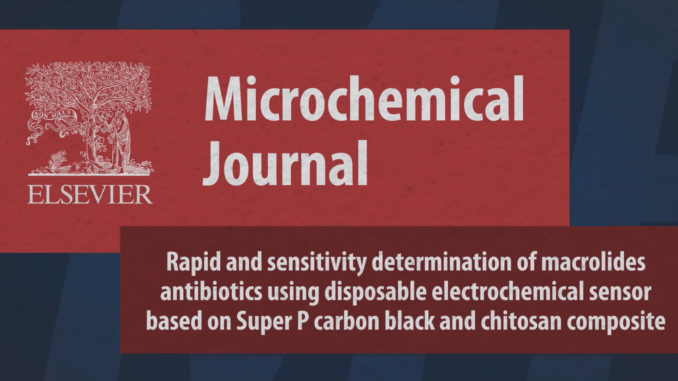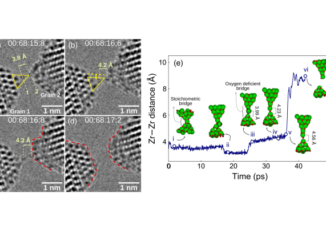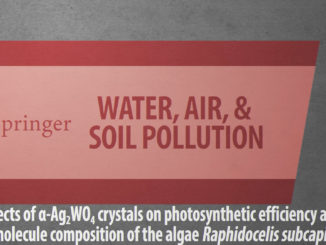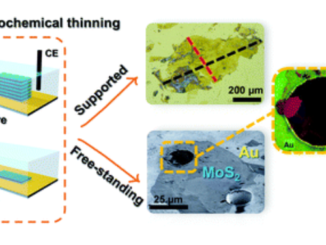
Rapid and sensitivity determination of macrolides antibiotics using disposable electrochemical sensor based on Super P carbon black and chitosan composite
Abstract: Antibiotics in water bodies have raised global concerns due to the risk of developing drug-resistant bacteria stains. Thus, the occurrence of macrolide antibiotic residues in environmental waters has attracted significant attention lately. Herein, a composite material comprised of Super P carbon black particles and chitosan was developed as an electrochemical sensor to determine macrolide antibiotics, including erythromycin, azithromycin, clarithromycin, and roxithromycin. The electrode was characterized by cyclic voltammetry, electrochemical impedance spectroscopy, scanning electron microscopy, and Raman spectroscopy. The proposed sensor coupled to a batch injection analysis system proved to be rapid (125 injections h−1), reproducible (RSD = 2.60%), and present a wide linear range (1.0–190.0 µmol L−1). Also, it was successfully applied for the direct determination of the four macrolide antibiotics in water and pharmaceutical samples. Recovery tests were performed on both samples, in which recovery values between 96.0% and 104.7% were achieved for tests performed on environmental samples, and between 95.6% and 105.1% for tests performed on pharmaceutical samples, proving the excellent accuracy of the system. Based on electrochemical/physicochemical characterizations and sensing performance, the applicability of this material was demonstrated as an attractive alternative for use in routine analysis from economic and portability points of view.
Author(s): Veloso, W. B.; Almeida, A.; Ribeiro, L. K.; de Assis, M.; Longo, E.; Garcia, M. A. S.; Tanaka, A. A.; da Silva, I. S.; Dantas, L. M. F.
Microchemical Journal
Published: January 2022, Volume 172, Part B, 106939
DOI: https://doi.org/10.1016/j.microc.2021.106939
CDMF
The CDMF, hosted at the Federal University of São Carlos (UFSCar), is one of the Research, Innovation and Dissemination Centers (RIDC) supported by the São Paulo State Research Support Foundation (Fapesp), and also receives investment from the National Council Scientific and Technological Development (CNPq), from the National Institute of Science and Technology of Materials in Nanotechnology (INCTMN).




